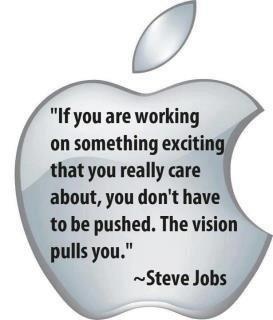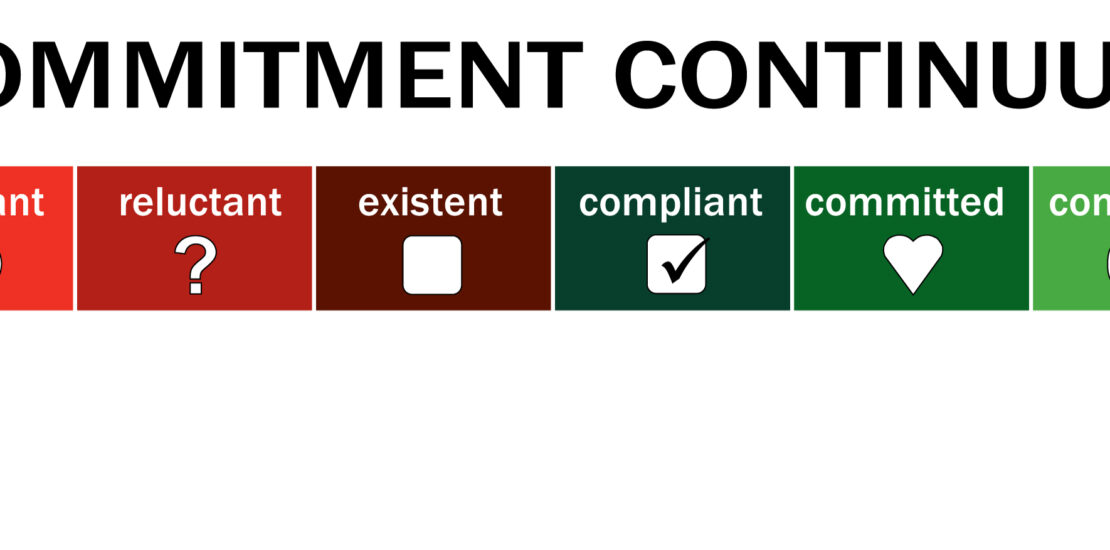sales success
-
How to Easily Motivate and Incentivize Sales Pipeline Building
- June 20, 2023
- Posted by: Dave Kurlan
- Category: Understanding the Sales Force

Music motivates me to do what I otherwise don’t really want to do. But while everyone is different, I’ve seen music work as a motivator for others too.
-
The Irony of Free Passes for Under Performing Salespeople
- October 21, 2022
- Posted by: Dave Kurlan
- Category: Understanding the Sales Force

A typical US sales team consists of 15 people, including a Sales VP, 2 Regional Sales Managers, and 12 salespeople. Of course, there are exponentially larger and smaller sales teams, but this is the version that we most frequently encounter. This team will have no more than 3 performing salespeople, another 3 who sometimes hit their numbers, and 6 who chronically under-perform.
Let’s assume that the salespeople who are ranked 10-12 are not just under-performers, but pathetically ineffective salespeople. At the end of the year, they receive their annual review – the equivalent of an arrest and release – and are back on the street to underperform for another year, making the company both both the victim and the enabler. This is insanity!
-
Must Read – How a 15% Corporate Minimum Tax Will Impact Companies and Sales Teams
- August 10, 2022
- Posted by: Dave Kurlan
- Category: Understanding the Sales Force

The primary point of today’s article is to point out the irony of hiring 80,000 agents but you’ll have to read a bit of background before I can point out the irony.
So why are they hiring 80,000 IRS agents?
They want the rich to pay their fair share and that sounds fair, but let’s go beyond the headline and general talking point. There are 724 billionaires in the US (of 2,775 worldwide) and it’s not that hard to find a millionaire because there are 20 million of them in the US (50 million worldwide). If they target billionaires it would work out to 110 new agents per billionaire. Sounds like overkill. They also want to make sure that corporations pay their fair share so this legislation imposes a minimum 15% tax on corporations.
Let’s focus on the 15% tax for a moment. I can think of only three ways for corporations to deal with that surcharge:
-
How to Become More Successful One Day at a Time
- April 13, 2021
- Posted by: Dave Kurlan
- Category: Understanding the Sales Force

You can find inspiration anywhere. Even in a book called, A Year of Playing Catch. Tom Schaff was nice enough to send me a copy of this book and there was the inspiration, right there on page 128. Why would someone from the world of sales care about a page out of a baseball book? I’ll give you fourteen really good reasons. You see, the book is much less about baseball and much more about the following fourteen integral competencies of sales success:
-
The Correlation Between Milestones, Sales Process and Sales Success
- October 26, 2020
- Posted by: Dave Kurlan
- Category: Understanding the Sales Force

Back in the early 90’s, in the very early days of OMG, only 9% of all salespeople had and/or followed a sales process. While that has improved dramatically in the last 30 years, to 45%, it is still way too low. Check out these findings.
-
Great Example of Why Sales Success Is Not Always Transferable
- April 24, 2018
- Posted by: Dave Kurlan
- Category: Understanding the Sales Force

Would a NFL Quarterback make a good MLB pitcher? Would a star MLB hitter be a great Pro Golfer? Would an all-star NBA Center be an effective Lacrosse player?
Right now, an event is occurring on the world stage that shows, in a very persuasive way, why success in sales isn’t always transferrable from one company, industry or role to another.
For example, a startup storage technology company hired all the salespeople they could get from the most well-known and well-respected company in their space. The leadership team expected that these experienced and credible salespeople would leverage the new company’s great new technology and cause sales to take off like a rocket for Storageville (made up name). It didn’t happen.
Another company hired a Sales VP from a well-known Fortune 1000 company and believed that his experience would make it easy for him to build a top-performing sales organization like the one he ran at Fortuneville (made up name). It didn’t happen.
These two examples aren’t exceptions to the rule. They are the rule. But the rule to what? I’ll explain the context for the rule and explain the event that serves as such a great example.
-
The One Sales Data Point That Varies Wildly
- June 13, 2016
- Posted by: Dave Kurlan
- Category: Understanding the Sales Force

In my last article, we discussed big data and big lies in the sales assessment space and touched on OMG’s 230,000,000 data points. Most of the data points are very consistent across cultures and continents, but there is one that varies wildly depending on the role, the country, and the culture.
-
What Committed Salespeople Do Differently
- April 24, 2015
- Posted by: Dave Kurlan
- Category: Understanding the Sales Force

Commitment. We have discussed commitment a LOT in this Blog recently because many people misunderstand the role it plays in successful selling.
-
Motivating Your Sales Team – Secrets to Success
- September 9, 2013
- Posted by: Dave Kurlan
- Category: Understanding the Sales Force
My first post-vacation post is a collection of announcements that have been sitting in my note-taking app, inbox, and calendar.
-
What the Huge Patriots Win Teaches us About Sales Momentum
- November 26, 2012
- Posted by: Dave Kurlan
- Category: Understanding the Sales Force
Perhaps you watched the Thursday night Thanksgiving Day football massacre between the New York Jets and the New England Patriots. The Patriots scored 35 unanswered points in the second period and scored 3 touchdowns in one 52-second period of time.

